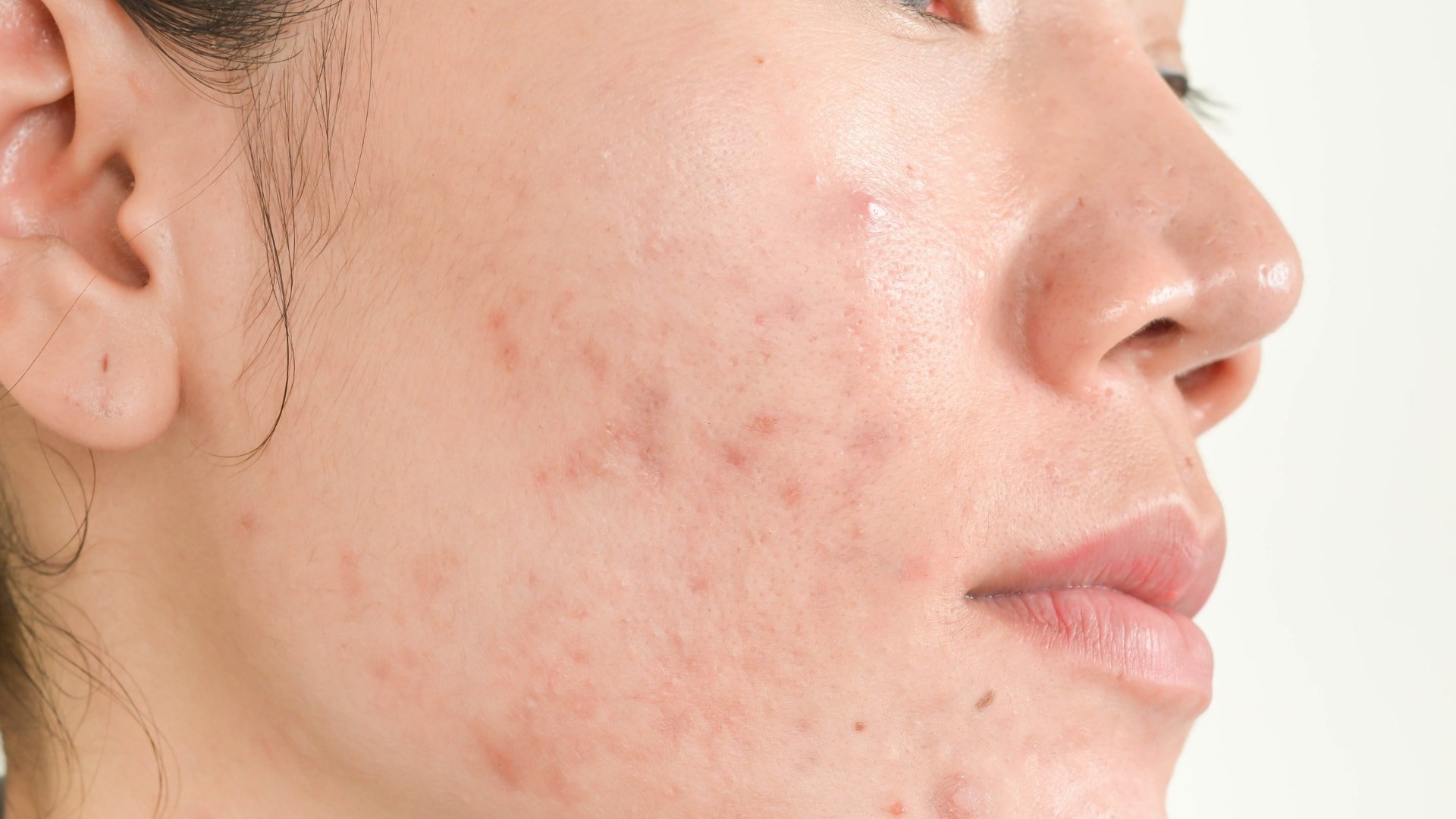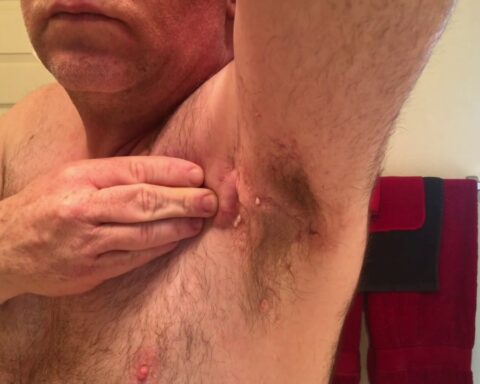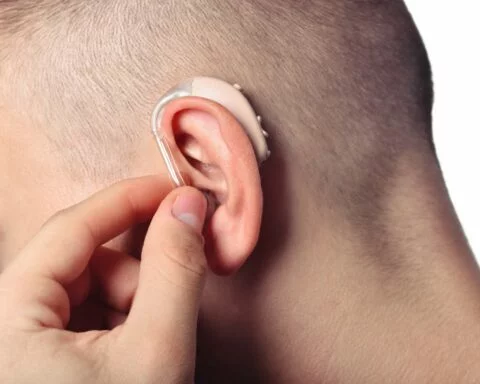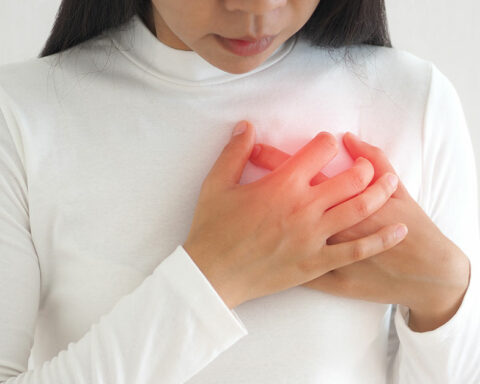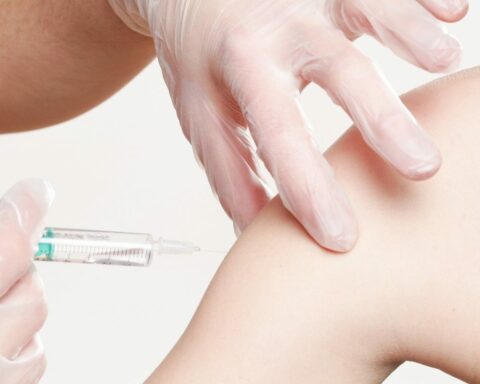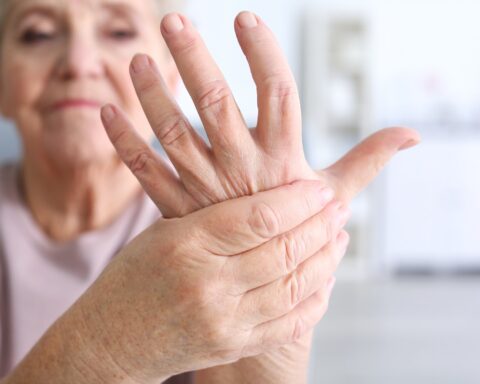Hidradenitis suppurativa (HS) is a chronic, inflammatory skin condition that typically affects areas of the body where sweat glands are located, such as the armpits, groin, and buttocks. However, it can also affect the face, and HS on the face can be particularly challenging due to the potential for scarring and disfigurement. In this guide, we will cover what you need to know about HS on the face, including symptoms, causes, diagnosis, and treatment options.
Symptoms of HS on the face:
HS on the face typically presents as small, painful bumps or pustules that may leak fluid or pus. These bumps may occur in clusters or be isolated, and they can be accompanied by redness, tenderness, and inflammation. In some cases, the bumps may develop into larger nodules or cysts, which can be more painful and may take longer to heal.
HS on the face can be particularly challenging because the face is a highly visible area, and scarring or disfigurement can be distressing. Additionally, HS on the face can affect the eyes, nose, and mouth, which can impact vision, breathing, and eating.
Causes of HS on the face:
The exact cause of HS is not fully understood, but it is believed to be related to a combination of factors, including genetics, hormones, and immune system dysfunction. HS on the face may be triggered by friction or irritation in areas where sweat glands are located, or it may be related to underlying medical conditions, such as inflammatory bowel disease or acne.
Diagnosis of HS on the face:
If you suspect that you have HS on your face, it is important to see a dermatologist for an accurate diagnosis. Your dermatologist will perform a physical exam and may take a skin biopsy to confirm the diagnosis. It is important to note that HS on the face can be easily misdiagnosed as other conditions, such as acne or rosacea, so it is important to see a dermatologist who is experienced in diagnosing and treating HS.
Treatment options for HS on the face:
Treatment options for HS on the face can vary depending on the severity of the condition and the individual patient’s needs. Some common treatment options include:
Topical medications: Topical medications, such as antibiotics or corticosteroids, may be prescribed to reduce inflammation and control bacterial infections. These medications may be applied directly to the affected areas of the face.
Oral medications: Oral medications, such as antibiotics or retinoids, may be prescribed to treat more severe cases of HS on the face. These medications work by reducing inflammation and controlling bacterial infections. However, they may have side effects, such as gastrointestinal upset or dry skin.
Surgery: In some cases, surgery may be necessary to remove larger nodules or cysts on the face. This may be done using a scalpel or laser, and it may be accompanied by a skin graft to help promote healing.
Lifestyle changes: Lifestyle changes, such as maintaining good hygiene, avoiding tight clothing, and avoiding smoking, may help to reduce the severity and frequency of HS outbreaks on the face.
Biologic medications: Biologic medications, such as adalimumab, can be used to treat more severe cases of HS on the face. These medications work by targeting specific proteins in the immune system that contribute to inflammation and infection.
Preventing HS on the face:
While there is no guaranteed way to prevent HS on the face, there are some steps that you can take to reduce your risk of developing this condition:
Maintain good hygiene: Keeping the affected areas of the face clean and dry can help to reduce the risk of bacterial infections and inflammation.
- Chickpeas vs. Garbanzo Beans: What’s the Difference? - April 19, 2024
- How to Manage or Improve Anxiety - September 21, 2023
- The birth of a company - July 29, 2023

